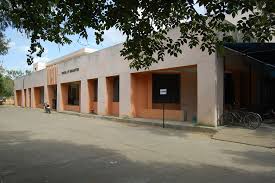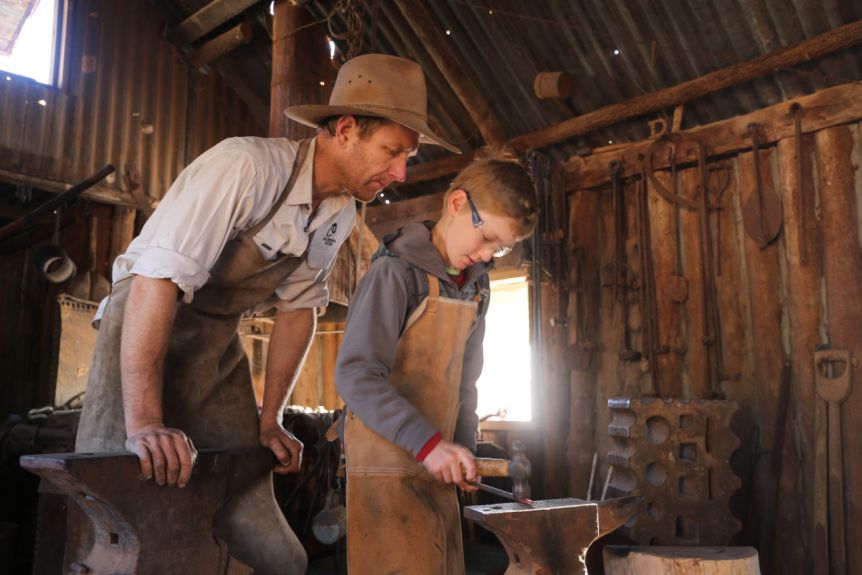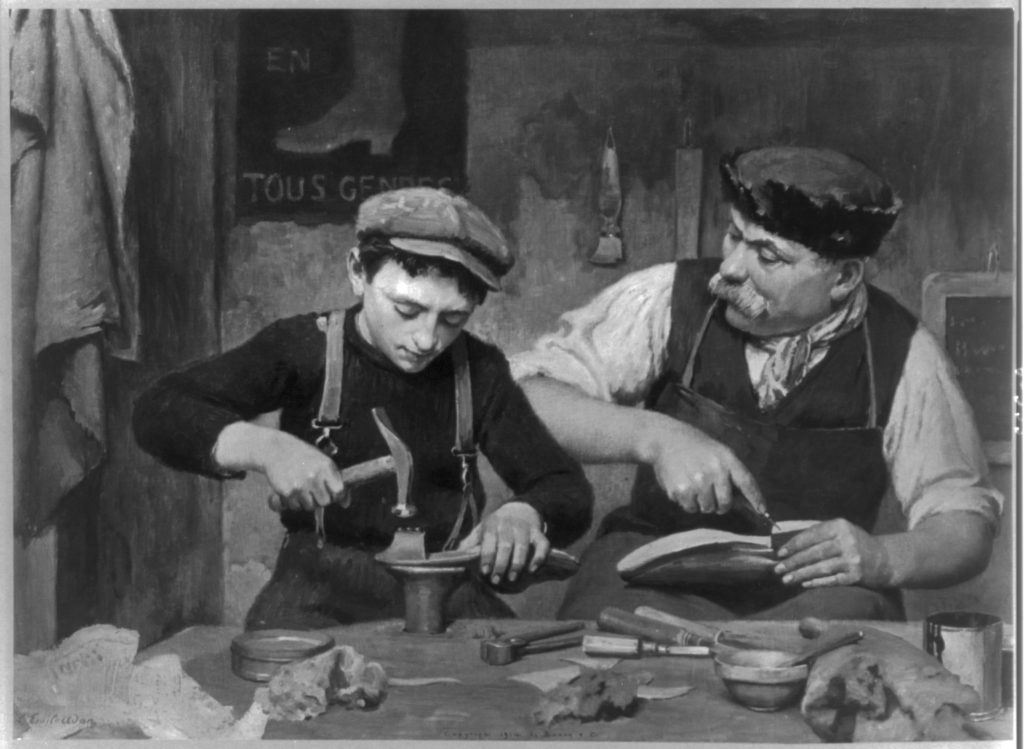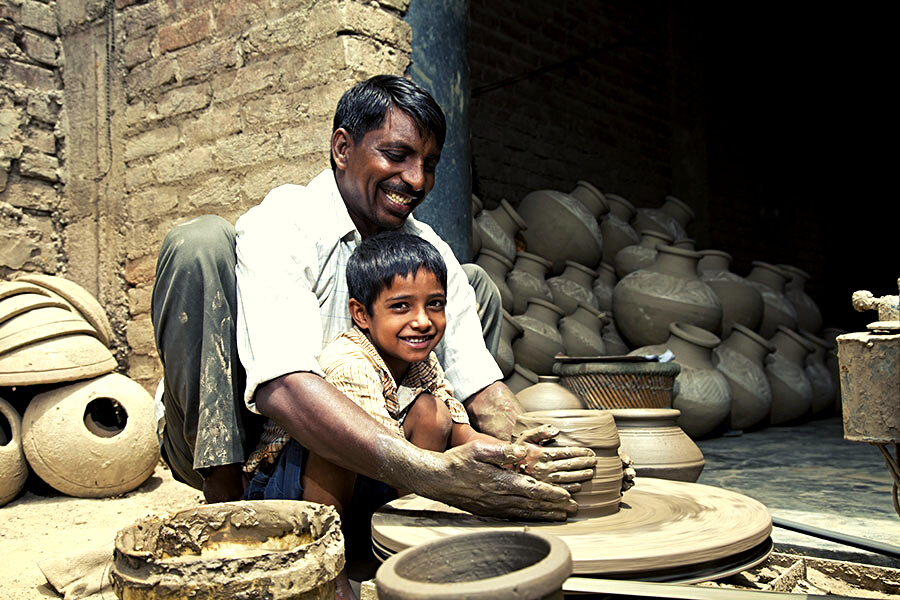The word caste has been maligned throughout the modern narrative to such a degree, that when I say that I am a vehement supporter of the Birth-based caste system, people drop their jaws to the floor.
Semantic engineering of this word has been taken so far that, the word caste itself gives the sense of hierarchy, stratification, discrimination, exclusion, etc. But, in fact the word caste in its connotative sense does not carry any of these meanings. Of course, etymologically the word comes from the portugeese “casta” which has an in-built reference to stratification or hierarchy. But, that is not the way an Indian user of the word on the ground understands it.
Let me explain it with an example. When I ask an Indian “to what caste you belong” he immediately mentions the name of his caste such as “Reddy, Kamma, Sonar, Mahar, Khatik, Khayastha, Khatri,” etc. No one answers me saying I belong to a higher caste or I belong to a lower caste. Where is the hierarchy or stratification in the answer given?
Usual question at the grass roots level to ascertain the caste of any person is something like “what people are you?” The local words for caste are Kulamu, Kulavu, Jaat, etc.
A caste is a social group with:
- Birth-based membership
- Hereditary occupations as right cum duty
- Endogamy
Stratification, hierarchy are thus not the defining features of caste. In other words, caste is not a stratified or hierarchical social group.
Modern groups hierarchical by definition
Are there any social groups which are stratified or hierarchical by definition? Yes. Group of Superintendents of Police vis-a-vis group of Inspectors of Police vis-a-vis group of Police constables are stratified or hierarchical social groups.
An agricultural caste vis-a-vis another agricultural caste vis-a-vis a potter caste vis-a-vis a hair cutting caste vis-a-vis a fishing caste vis-a-vis a tanning caste are not such stratified or hierarchical social groups, are they?
Of course, one could say that in reality people look at these occupations or occupational groups as one higher or more respectable, lower or less respectable than the other. Yes, true! That is very much possible. But such an outlook towards various occupations is not inherent to the grouping itself. It comes from the attitude towards the occupations but the attitudes do not form the groups is the point.
Let me explain this with an example. In the present university Academics various Academic disciplines form for the purpose of a certain focus of knowledge, to find answers to certain questions, etc. They do not form with any intentions or attitude of one discipline being better than the other. But, do we not see such an attitude of one academic discipline being better or more respectable than the other?
For example, Science disciplines (Physics, Botany, Chemistry, Zoology, etc) are viewed as better or more respectable than the social science (Economics, Political Science, Sociology, Psychology, Anthropology, etc) disciplines, they in turn are viewed as better or more respectable than Humanities (English Literature, Hindi Literature, Tamil Literature, Philosophy, etc).


Do scholars pursuing these disciplines themselves consider their work in this hierarchical order? In fact, scholars pursuing the disciplines which are considered to be less respected feel the treatment given to their disciplines as unjust, unjustifiable and discriminatory. None of them want to dismantle the discipline, but wants removal of just the discriminatory attitude towards it.
Same is the situation with caste. The hereditary occupational social groups called castes do not like to get dismantled as social groups. But, certainly all those castes which are treated as lower or less respectable want that attitude towards them to go.
This is what is meant by, stratification or hierarchy being not the defining feature of caste.
In contrast to castes as occupational groups contemporary occupational groups are not hereditary. They do not have the features of membership by birth and endogamy. But, nevertheless certain occupations being viewed as more respectable than the other applies to these contemporary occupations and in turn to the occupational groups too. But, what looks to be a more convenient feature in the contemporary occupational groups is that one can choose to move out of a less respected occupation and occupational group to a more respected one. This is where castes as occupational groups may appear problematic because they do not have a facility for moving out of less respected one to the more respected one.
But the point remains, that the stratification, higher or lower status is not in the grouping itself, but is in the attitude towards the occupations or their groups.
The question that strikes a modern observer who has a natural modern tendency of favoring a choice based membership of occupational groups is why at all occupational groups such as castes which have membership by birth form.
One way of answering this question is to understand the difference between amateur and professional participation in occupations. Most amateur occupational practices are started at a later part of one’s life and are part-time activities. Most professional occupations are started very early in life and are full time activities. If this logic of early in life and full time found in professional occupational practices, is taken to its extreme it ends up in starting from birth, at home, from parents and family elders and as a round the clock activity at home. This is what leads to the idea of membership by birth into an occupational group or families as occupational training schools and family homes as occupational workshops. We do find the description of professionals as “fourth-generation bakers,” “fifth-generation cobblers,” etc



which is seen as a sought after feature for professionalism. It is such pursuit of professionalism that leads to the idea of membership by birth into occupational groups.
Endogamy and membership by birth as easily understandable, are interdependent and inseparable.
The feature of Endogamy is also based on the fact of biological/genetic inheritance of predisposition/aptitude to skills and knowledge areas. In contemporary parlance we can say that endogamy is based on the idea of DNA Advantage. There is no aspect of discrimination involved in this. It is based on taking advantage of biological/genetic inheritance as a positive attitude rather than not looking down upon non-members of the caste. All non-members are just non-members, no one higher or lower. Advantage of the DNA of the caste member is being sought after not without any down-looking attitude towards the non-member, his features, qualities, etc.
Hereditary occupations being rights can be viewed as 100% reservation of each occupation to specific caste or castes. The point is that this is viewed as a protective measure for the members of the caste/castes.
What appears to be discrimination in caste system is this very protection. Just a matter of perspective. The Potter caste of a village feels secure and protected because no other person than the members of the Potter caste family/families of the village come as a competition in pot making. Those of the villagers who want to make pots or learn pot making may feel discriminated against. May feel denied, the knowledge of pot making or opportunity to make pots. Just a matter of perspective. Within a choice between liberty for everyone to do or to learn everything and keeping, securing, protecting occupations as reserved, as rights of certain families and groups of those families, choosing the latter gave rise to the caste system.
Hereditary occupation as a right obviously and logically makes that occupation the duty of the individual members of the families, the families and the caste. Since only specific families of the specific caste are allowed to make pots, and no one else is allowed to make pots, if the pot making caste family of the village does not make the pots the village is at loss. Hence, the village ordains it on the pot making caste family that it is their responsibility to make the pots. Not making the pots is a punishable act as per the laws of the village.
In the entire logic for the caste system so far explained, where is stratification, hierarchy or discrimination?
Does it mean that there is no caste based stratification, status-layers, hierarchy in the Indian society? No! Castes are stratified, ranked higher or lower and are viewed hierarchically, is a fact, is a reality. But the point is that this stratification, hierarchy or ranking is not part of the logic of formation of castes.
Then where does the stratification of castes come? It comes from, the relative valuing of occupations, skills, knowledge areas, acts involved in carrying out the occupations, etc. This relative valuing of occupations, professions, skills, knowledge areas and activities involved in the various occupations, professions, etc does exist even today, in the contemporary social order membership by birth in occupational groups is not a norm.
This relative valuing of occupations may change from time to time, place to place. If in a certain period of history, more income-giving, more power-giving, occupations may be valued as better, higher, superior, etc. In another period of history, occupations involving asceticism, wealth-wise less profitable but intellectually or spiritually more ful-filling might have been valued as better, higher, superior, etc. This is because of a change in the relative valuing rooted in the change in the world-view of a society. Membership by birth, endogamy, hereditary occupations as right cum duty – none of these things is responsible for this relative valuing. Only, the world-view as part of which such relative valuing happens is responsible for the stratification, hierarchy, etc.
So, don’t equate caste with stratification, hierarchy discrimination, etc. Don’t hold caste responsible for any of these aspects. Caste or no caste, all these aspects do exist. If you want to fight against these aspects, please do it by all means. But blaming all these aspects on caste, is factually wrong, logically incorrect, unjustifiable and finally an absolutely wrong diagnosis that is going to fail you in your attempts of healing or fighting.
That’s all folks for this article. We will be posting many articles, debunking many more myths about the caste system in the coming weeks.
Bharat Mata ki Jai!


Alleviated a lot of confusions I had about the Indian caste system. Thank you. Could be a little bit more longer and detailed
We are planning to make the article much longer. Stay tuned. Thanks for the kind words.
Article updated. This is the final copy of this article. Please do read and let us know your feedback.
I always felt deeply the need to change the misleading narrative of caste. This is well articulated but needs to be substantiated further.
Totally agree. Castes are not rigid. Taking a family profession has an advantage and jumping into an entirely new profession takes lot more effort. I think we really need to understand Jati, Varna better and not just see it as the evil that it has been presented to us as.
Wonderful article and more of a week researched journal that can be submitted as a preface regarding caste, a modern term used for Jaati.
The intricacies of identity and not artificial stratification based on atrocity literature.
Can’t wait to explore this site more thoroughly.
Best of luck
Thank you!
I’m sure that sweeping, scavenging, drain cleaning, garbage collecting, waste cleaning etc all require special training that can only be passed on from generation to generation. No doubt there is a special Hindu gene for such jobs that no one wants. Not to mention the unbelievable stigma that millions of Hindus are subject to because of these backward beliefs. Anyway, glad that you’re honest about holding onto these medieval ideas of birth based identity. I’m sure that justifying and defending this regressive idea is more important than the dignity of fellow Hindus.
https://www.youtube.com/watch?v=jHFQ32PpSV4&ab_channel=HorribleHistoriesinFullHD&t=42 – I wish you liberated these poor sweeping, scavenging, drain cleaning, garbage collecting, waste cleaning, well trained professionals from the countries where your soul harvesting business has been successful 100%.
By the way, manual scavenging was brought to India by the colonizers along with their baggage of gong farmer scavenged lifestyle in their home country. Obvious logic is you cannot blame the same country for open defecation and manual scavenging at the same time and degree of manual scavenging has to be inversely proportional to the degree of open defecation.
You wouldn’t know that the first flush tank of the world has been discovered in the Indian city of Harappa, part of India-wide Saraswati civilization (formerly known as Indus valley civilization).
You wouldn’t even know that the vastu texts (architecture science texts) of India have a detailed description of pot-battery septic tank construction centuries ago, even if we go by modern dating methods.
I recommend you to mind the human dignity of fellow Christian gong farmers than to worry about a falsely created past picture of Hindus being subjected to these professions before the gong farmer civilization colonizers.